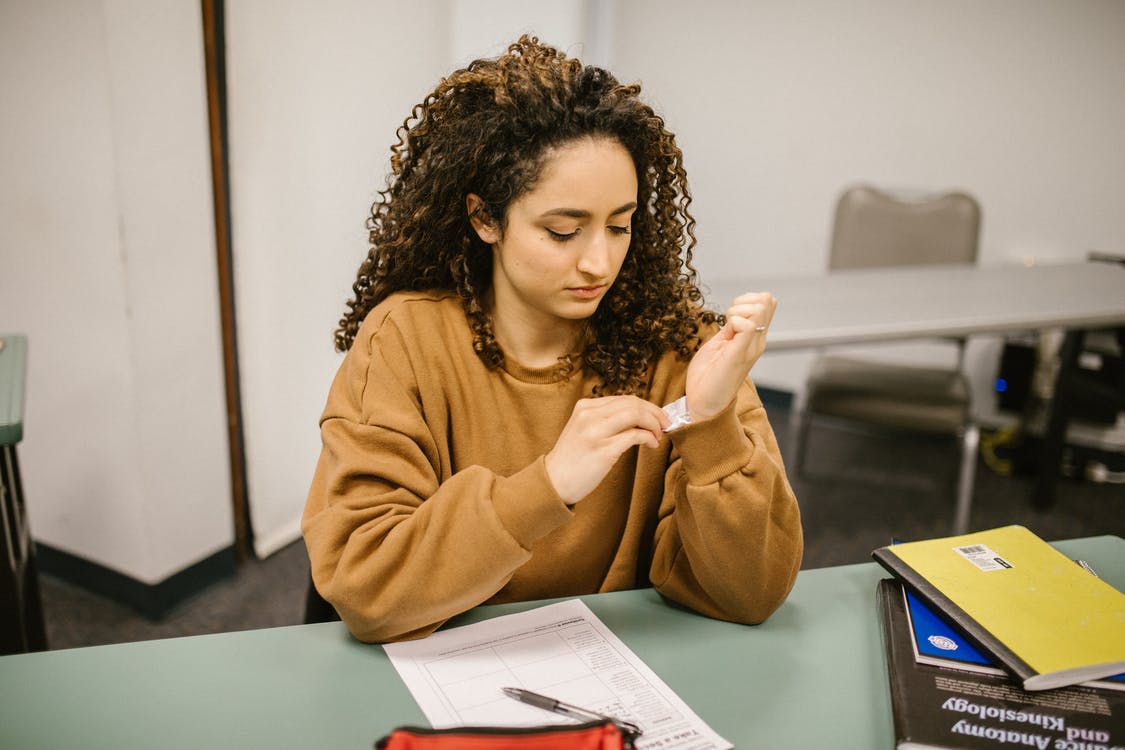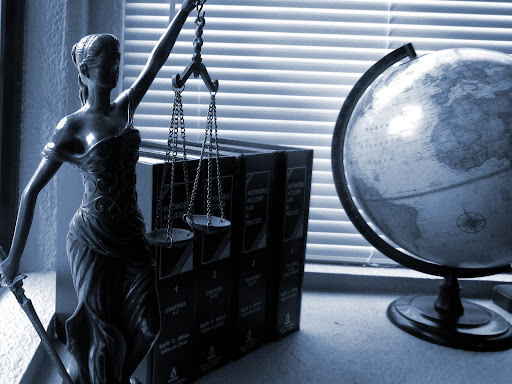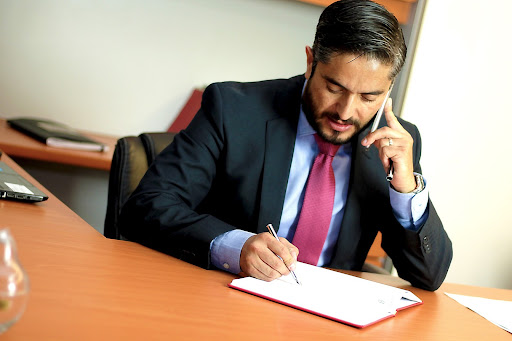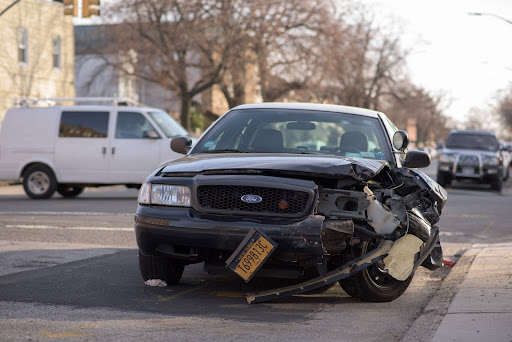3 Tips for Investing Your Personal Injury Settlement Wisely
A personal injury settlement can be a life-changing windfall, but it can also be daunting to manage. Medical bills may be covered, but what about the long term? Making smart decisions with this money can set you on a path of financial security. So here are 3 helpful tips.
Set Up a Structured Settlement
Setting up a structured settlement really minimizes the risk of blowing through your lump-sum payout by mishandling or poor investment decisions. It offers a steady income stream that’s tailored to cover your ongoing living costs and medical bills, possibly extending for decades. You want to collaborate with your legal advisor – most likely your personal injury lawyer – and a financial planner who specializes in these setups. They’ll assist in negotiating terms with the payer, deciding the payment schedule (like monthly or annually), the total duration of payments, and whether these payments should step up over time to counteract inflation.
Say you receive a $500,000 settlement. Instead of taking this as a lump sum, you opt for a structured settlement that provides $2,000 monthly for the next 20 years, plus larger, lump-sum payments every five years to handle big expenses or investments. This strategy not only ensures a consistent income but also aids in planning for larger needs or unforeseen costs.
Prioritize Debt Repayment
High-interest debts can seriously eat into your financial health, possibly canceling out the benefits of your settlement. Clearing these debts reduces your financial obligations and saves on interest, freeing up more of your cash for savings or other investments. List all your current debts by their interest rates, starting with the highest. Use part of your settlement to wipe out the highest-interest debts first, before tackling lower-interest.
Say you have $20,000 in credit card debt at an 18% interest rate, $15,000 in personal loans at 12%, and a $200,000 mortgage at 4%. You’ll want to tackle the credit card debt first. Paying off this debt straight away could save you thousands of dollars annually in interest, significantly lightening your financial load.
Invest in Low-Risk Assets
Investing in low-risk assets helps protect your capital while still providing a steady, though lower, return. This approach is particularly vital if your injury impacts your earning ability, as it shields your principal from market fluctuations. Again, you want to talk to a financial advisor to pinpoint low-risk investment options that align with your financial goals and risk tolerance. Possibilities might include treasury bonds, municipal bonds, or conservative mutual funds that prioritize income and stability over high growth. Really, while the returns may be modest compared to high-risk stocks, they offer greater stability and consistent income.
These strategies offer a balanced way to manage a personal injury settlement by securing financial stability, guarding against risks, and ensuring that the funds meet both your current and future needs.














